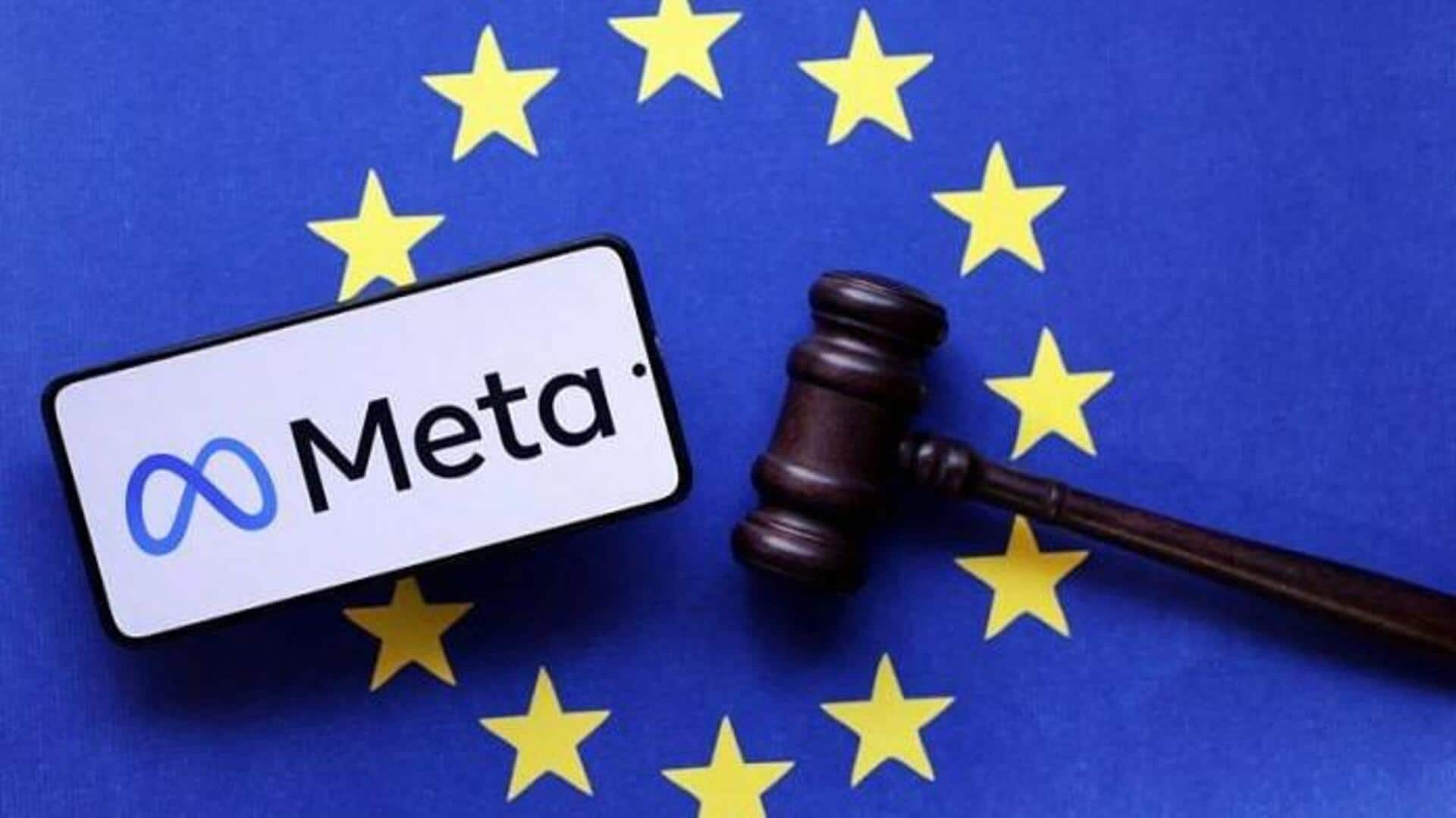
Meta accused of misleading EU users with revised ad-free service
What's the story
The European Consumer Organisation (BEUC) has expressed concerns over Meta's updated no-ads subscription service, warning it may breach EU consumer and privacy laws. The group has urged regulators to examine the US tech giant's practices. The subscription service was first launched for Facebook and Instagram in 2023, with changes introduced last year providing European users with less personalized ads at a 40% lower cost.
Superficial changes
BEUC criticizes Meta's changes as superficial
The BEUC had earlier criticized Meta's fee-based service in 2023. The organization now claims that Meta's changes last year are only skin-deep. BEUC Director General Agustin Reyna said "the tech giant fails to address the fundamental issue that Facebook and Instagram users are not being presented with a fair choice." He went on to criticize Meta for trying to comply with EU law while still pushing its behavioral ads system.
Call for action
It urges swift investigation into Meta's policies
Reyna has called on consumer and data protection authorities, and the European Commission, to quickly look into Meta's new policy. He stressed the need for immediate and effective action to protect consumers if required. The BEUC claims Meta's practices are misleading and its terms vague, pushing users toward its preferred option without explicit consent or transparency about data collection practices.
Service degradation
Meta accused of service degradation
The BEUC has also accused Meta of degrading the service for users who do not consent to their personal data being used. This allegation further intensifies the ongoing debate about user privacy and data usage in digital platforms. In response, Meta said last year's changes were made following demands from EU regulators, highlighting an ongoing tension between tech companies and regulatory bodies over user data protection.
Regulatory action
EU antitrust regulators charged Meta last year
In July 2024, EU antitrust regulators charged Meta for violating the Digital Markets Act (DMA). They argued that its paid ad-free service presented a binary choice for users. This charge highlights the continued scrutiny of Meta's practices by European authorities and adds credence to BEUC's concerns about potential violations of EU consumer and privacy laws.